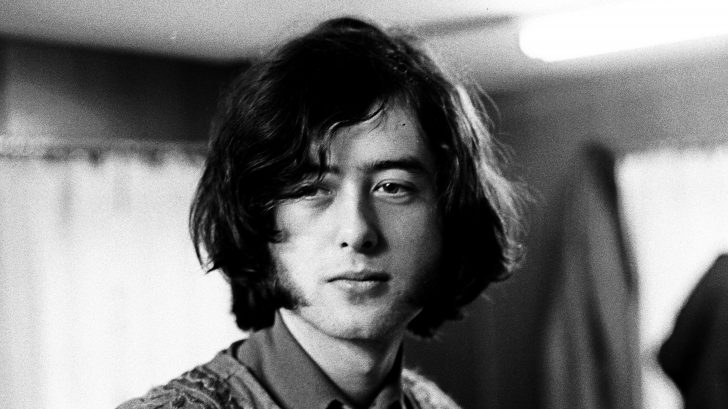California was a welcoming destination for many with its sunny weather and picturesque beaches lined with palm trees, attracting millions to the area. It didn’t take long for the region to establish its own legendary status and become a timeless myth. The Beach Boys captured the essence of the “Californian myth” through their lyrics, painting a picture of convertible rides to beach parties, sunbathing with girls, and surfing on friendly waves while extolling the virtues of their beloved home state and the fantasy it held for millions.
The Californian music scene was in direct competition with the Beatles during the British Invasion, with both sides vying for chart success. This clash marked one of the earliest instances of a rivalry between the West Coast and British music scenes. Despite this rivalry, many prominent bands emerged from both scenes throughout the 1970s, including Buffalo Springfield, Jefferson Airplane, and the Byrds. By the late 1960s, California had become renowned for its rock music and was recognized as a major hub for the genre, thanks in part to the success of the Monterey Festival in 1967.
Led Zeppelin emerged as one of the iconic bands from the thriving British scene, along with other influential acts that debuted and made an impact worldwide. The band quickly gained popularity in the United States, contributing to the continuation of the British Invasion. Despite the thousands of miles separating the West Coast and London scenes, there was an undeniable creative rivalry that started with the Beatles and Beach Boys and carried on into the 1970s.
During a meeting between Led Zeppelin’s Jimmy Page and Robert Plant, the latter expressed his admiration for the West Coast scene, much to Page’s surprise. Page had previously expressed his negative opinion of American bands, finding their sound lacking.
The guitarist remembered meeting Robert Plant while he was being interviewed by Alan Freeman in 1976. He spoke highly of Plant and mentioned how they immediately connected because Plant was interested in the melodic experimentation and riffs that Jimmy had been working on. However, when Page found out that Plant was a fan of the West Coast music scene, that became a point of disagreement and made it difficult for them to bond over that topic.
“There was this thing of forming a group, and then, well, we seemed to get on pretty well. He was very bluesy orientated, and of course, I’ve been through that as well, and then I played him a lot of other things which I sort of attempt things like, ‘Babe, I’m Gonna Leave You,’ things like that which had a totally different approach to the way that it’s originally been done by Joan Baez. So, he definitely seemed to be into those things, so it was definitely on.”
“I remember he was doing a lot of West Coast music, which I had an aversion to [laughs].”
Despite Plant’s appreciation of the West Coast scene, it did not stop Page from wanting to start a band with him. However, Page’s negative comments about American bands, specifically how poorly Buffalo Springfield sounded on stage, were unexpected considering their shared love for music and initial connection.

